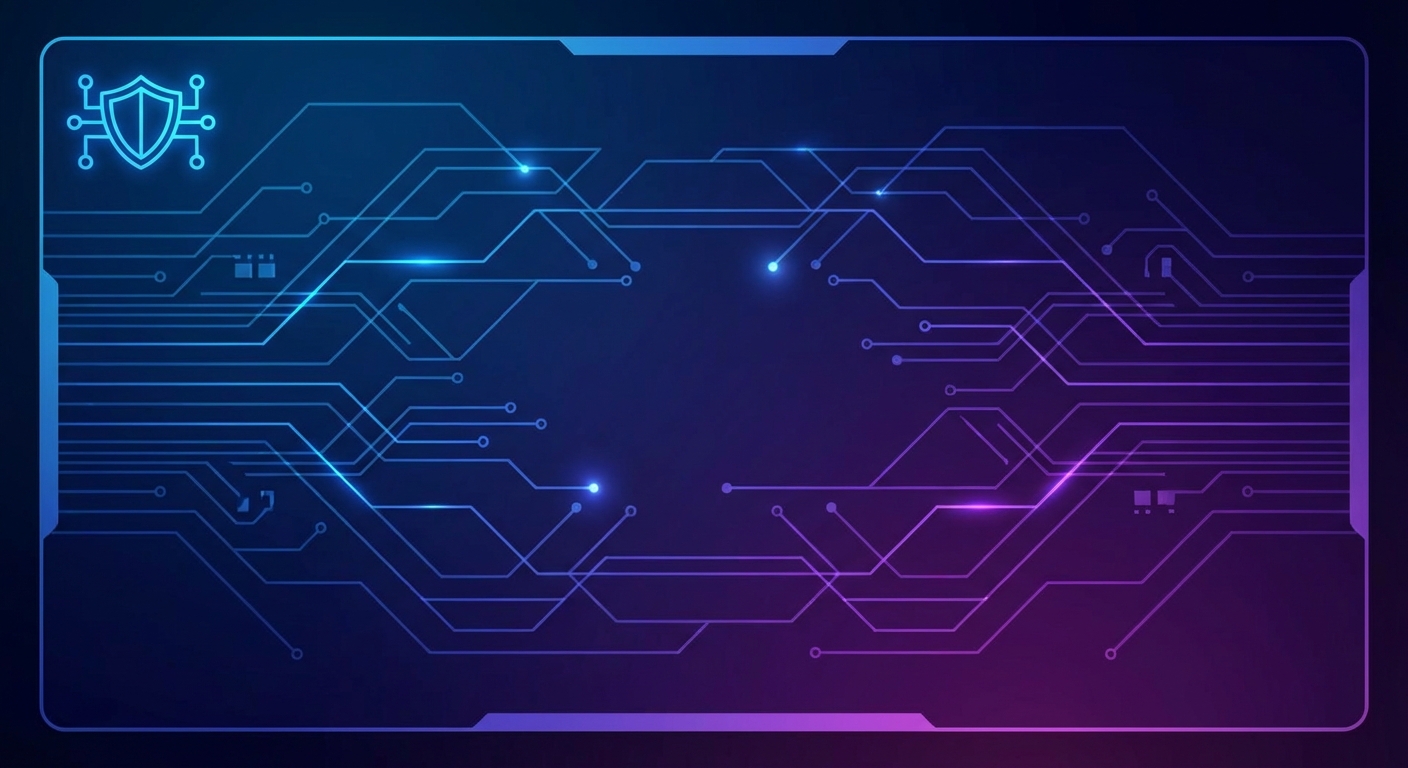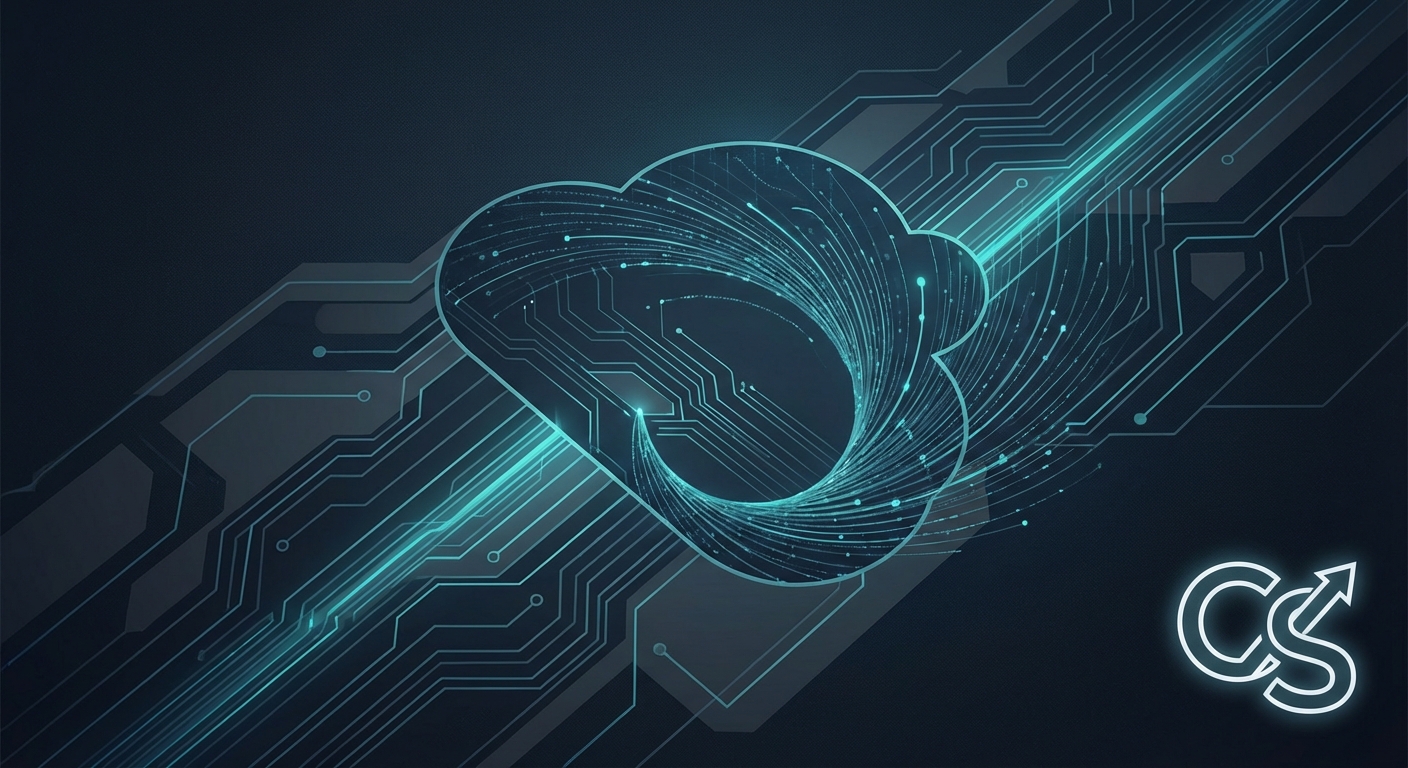Why Identity Governance for AI Agents is Essential for Future Success
TL;DR
The Rising Tide of AI Agents and Identity Blind Spots
Okay, let's dive into why identity governance for ai agents is a big deal. You might be thinking, "ai? that's still kinda sci-fi, right?" Well, not really – ai agents are already changing how businesses operate. (How AI Agents Are Transforming Business Operations Today) But here's a scary thought: are we actually ready for this from a security point of view?
The thing is, these ai agents need access to sensitive systems and data to do their jobs. Think about it:
- in healthcare, an ai agent might access patient records to schedule appointments and manage prescriptions. that's a lot of personal info!
- or, in retail, an ai agent might adjust pricing and inventory levels based on sales data and trends.
- and in finance, ai could be used for fraud detection, analysing transactions in real time.
but here's the catch: if these agents aren't managed properly, they become huge security risks. Traditional iam systems, the ones that are mostly set up for human users, often can't handle the unique needs of ai agents. These systems typically rely on things like usernames and passwords, multi-factor authentication (mfa), and role-based access control (rbac) for people. ai agents, though, operate differently. This creates "identity blind spots," leaving companies vulnerable to breaches. As activant capital puts it, identity security is "the last mile" of cybersecurity, and it's often the weakest point.
Why does traditional iam fall short? well, for a few reasons:
- it's mostly designed for human identities. ai agents, though, operate autonomously and at machine speed.
- tracking their activities and enforcing access using old-school methods is tough.
- and the sheer number of ai agents can overwhelm existing systems.
so, basically, current iam systems just weren't built with ai in mind. Trying to adapt them is like trying to fit a square peg in a round hole.
this identity blindspot is a ticking time bomb. in the next section, we'll explore how to tackle this challenge head-on.
Core Principles of Identity Governance for AI Agents
Okay, so you're dealing with ai agents, right? It's not just about letting them loose and hoping for the best; you gotta have some rules. Think of it like teaching a toddler manners before letting them loose at a fancy dinner party-- chaos will ensue otherwise! A structured, managed approach is key, just like you'd need a clear plan for managing a large group of children.
First, you need a centralized system to wrangle all those ai agent identities. It's like having a master list of who's who and what they're allowed to do. This system should play nice with your existing iam setup. But, it’s gotta have special features just for these ai critters.
- Imagine a hospital: a centralized system lets you quickly see which ai agents have access to patient records, prescription data, or billing info.
- In retail, it can track which agents can tweak pricing, manage inventory, or access customer credit card details.
- And for finance, you need to know which ai's are sniffing around for fraud, processing transactions, or accessing sensitive account info.
Next up, the principle of least privilege. Basically, give ai agents only the access they absolutely need to do their job. Don't give them the keys to the entire kingdom! Review those rights on the regular, because needs change, and risks evolve. Think granular access controls – really dial down what they can touch to limit the damage if something goes sideways.
You absolutely need continuous monitoring to track what these ai agents are doing. Look for weird behavior. Regular audits are also a must to make sure everyone's playing by the rules and to spot any chinks in your armor. It’s like a health check for your ai pals. Set up real-time alerts, too. React fast to any security incidents and slam the door on data breaches before they get outta hand.
Implementing these core principles isn't just about ticking boxes; it's about building a secure foundation for your ai-powered future. Next up, we'll dig into how to enforce these policies in practice.
Key Benefits of Strong AI Agent Identity Governance
Okay, so you're thinking about beefing up your ai identity governance? Smart move. It's not just about "doing security"–it's about unlocking real benefits that actually make your life easier.
Let's be real, nobody wants a data breach. Strong identity governance is like putting up a serious fence around your digital assets.
- It reduces risk of unauthorized access by implementing robust controls. Think of it as locking the doors and windows.
- It protects sensitive data and critical systems from attacks and insider threats. 'Cause let's face it, not all threats come from the outside.
- It improves your overall security by fixing those ai-specific identity holes.
Staying compliant can feel like a never-ending chore. But good Identity governance helps you tick those boxes without losing your mind.
- It ensures compliance with industry regulations and data privacy laws. So, you're covered, no matter what.
- It meets audit requirements and shows everyone you're serious about security.
- It avoids costly fines and those oh-so-fun reputational hits that come with not following the rules.
This isn't just about security; it's about actually making things run smoother.
- It automates identity management tasks, freeing up it to do, well, more important stuff.
- It improves user productivity by giving ai agents seamless, secure access to what they need. Happy agents, happy business, right? When ai agents can get to the data and systems they need quickly and securely, they can process information faster, make better-informed decisions, and execute tasks more efficiently. This direct boost in ai agent productivity translates to quicker turnaround times for business processes, enhanced customer service, and ultimately, a more agile and competitive business.
- It reduces the load on help desks by cutting down on identity-related issues and password resets.
Think about it: in healthcare, it means ai can access records faster. In finance, fraud detection gets a boost. In retail, inventory management becomes a breeze.
With these benefits in mind, it's clear why prioritizing AI agent identity governance is crucial for any forward-thinking organization. Now, let's dive into how to actually make this happen, step by step.
Implementing AI Agent Identity Governance: A Practical Guide
Alright, so you're on-board with ai agent identity governance, but how do you actually make it happen? It's not as scary as it sounds; let's break it down.
First things first: take stock of what you already have. What iam systems are you rocking right now? Are they even capable of handling ai agents? Find the gaps, people! Think about how many ai agents you're using, too. Knowing your ai inventory is half the battle. Are we talking a handful, or are they multiplying like rabbits?
To help you assess your current situation and find those gaps, consider these questions:
- What types of ai agents are you currently using or planning to use? (e.g., chatbots, data analysis tools, automation scripts)
- What systems and data do these ai agents need to access? Be specific.
- What are the current access controls in place for these systems and data? Are they human-centric?
- How are ai agent identities currently managed? Are they treated like human users, or are they managed separately?
- What are the potential risks associated with each ai agent's access? (e.g., data exposure, unauthorized modifications)
- Are there any existing policies or procedures for ai agent access and monitoring? If so, are they adequate?
- What are the compliance requirements relevant to the data these ai agents will access?
- in healthcare, it's not enough to know you have an ai scheduling appointments; you need to know what patient records, appointment details, or prescription information it's accessing and why.
- retail? Gotta track those ai pricing tools and what customer data, sales figures, or inventory levels they're touching.
- and finance? Keep an eye on those fraud detection ai's – are they staying within their lanes of transaction data, account information, or risk profiles?
And, yeah, assess the risks. because letting ai agents loose with sensitive data is like giving a toddler a flamethrower.
next, you need a policy that's actually worth the paper it's printed on – or, you know, the digital space it occupies. who's in charge of these ai agents? what access are they allowed? Less is more here. "least privilege," remember? And don't forget to outline how you'll monitor these agents, audit their actions, and respond to any security hiccups.
What's next? Time to pick the right tools for the job.
Future-Proofing Your Enterprise with AI Agent Identity Governance
Okay, so you've been battling the ai agent beast, huh? Think it's all smooth sailing from here? Not so fast! The threat landscape isn't static, it's more like a living, breathing thing that keeps evolving.
To future-proof your enterprise, you gotta continuously monitor the security landscape for emerging threats. Seriously, make it a habit. This means keeping an eye on new vulnerabilities that pop up as ai agents get more advanced and become further woven into your biz. For example, in finance, ai agents are increasingly used for algorithmic trading, which introduces new risks related to market manipulation and insider trading. Gotta watch out for that stuff.
You'll need to address new attack vectors focused on ai. Think about it: attackers might try to poison the data that your ai agents are trained on, or they could try to trick them into making bad decisions.
invest in threat intelligence and incident response. you need to be able to spot ai-related security incidents quickly and shut them down before they cause too much damage.
ai can be used to automate identity management tasks and improve security. Basically, let ai fight ai. This can include automating the provisioning and deprovisioning of ai agent access based on predefined policies.
use ai-powered analytics to detect weird behavior and spot potential security threats. imagine ai spotting an agent suddenly accessing data it usually doesn't, or performing actions outside its normal operational parameters – that's a red flag.
You'll wanna implement adaptive authentication, too. This means adjusting security measures based on real-time risk assessments. For an ai agent, this could mean: if an ai agent, normally operating from a secure internal network, suddenly attempts to access sensitive data from an unfamiliar external IP address, the system might automatically require additional verification or temporarily restrict its access until the situation is clarified.
adopt a zero-trust security model where no user or device is automatically trusted. no exceptions – whether it's human or ai. seriously, trust no one.
Continuously verify identities and access rights before granting access to sensitive data and systems.
Implement microsegmentation to limit the impact of potential breaches. think of it as dividing your network into smaller, isolated chunks. For ai agents, this means restricting their access to only the specific systems and data they absolutely need, preventing a compromise in one area from spreading to others. For instance, an ai agent managing inventory in a retail setting would only have access to inventory databases and not, say, customer payment information.
So, yeah, future-proofing your enterprise with ai agent identity governance isn't a one-time thing. it is a continuous effort. Stay vigilant, adapt quickly, and don't let those ai agents run wild.





